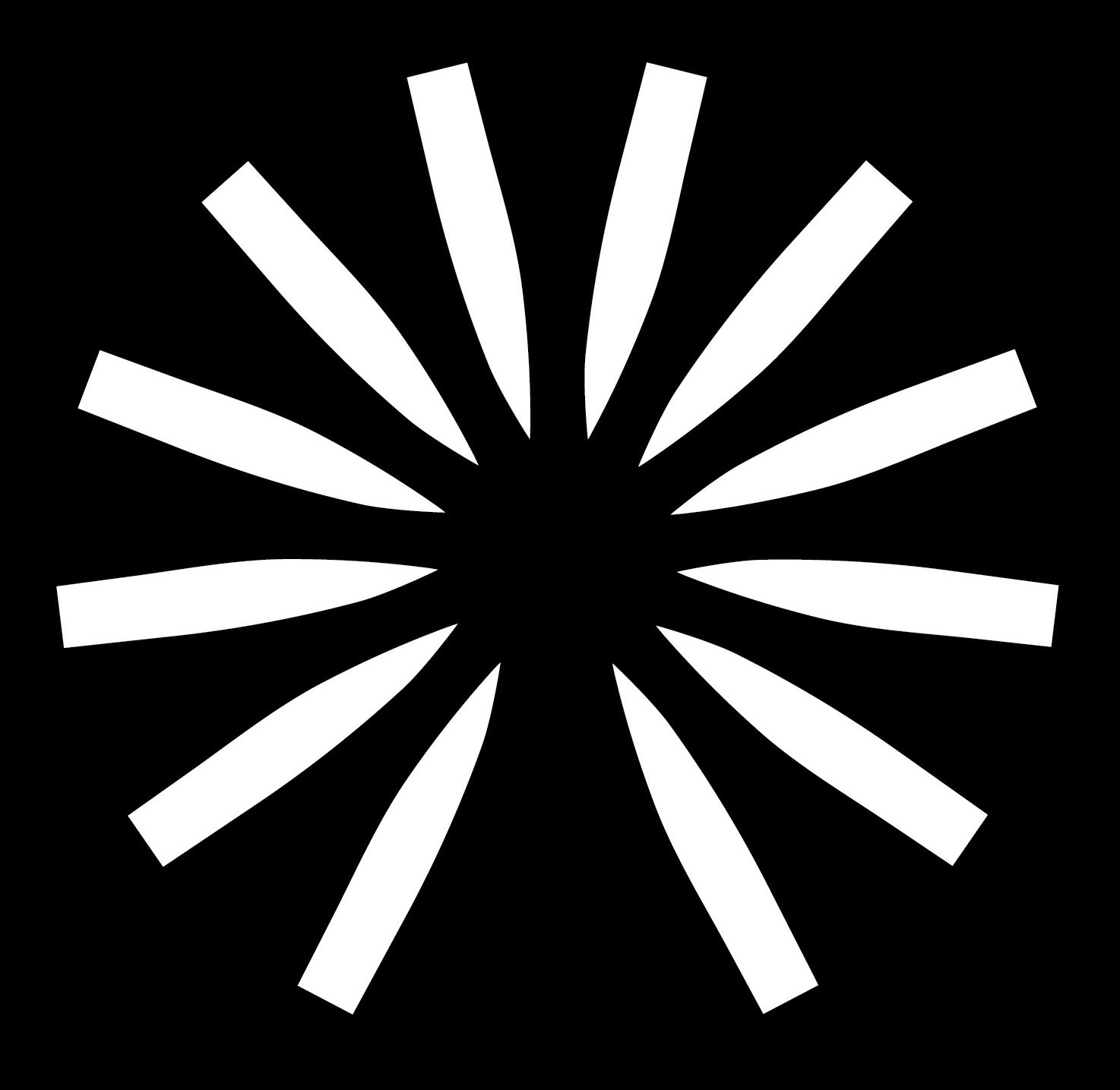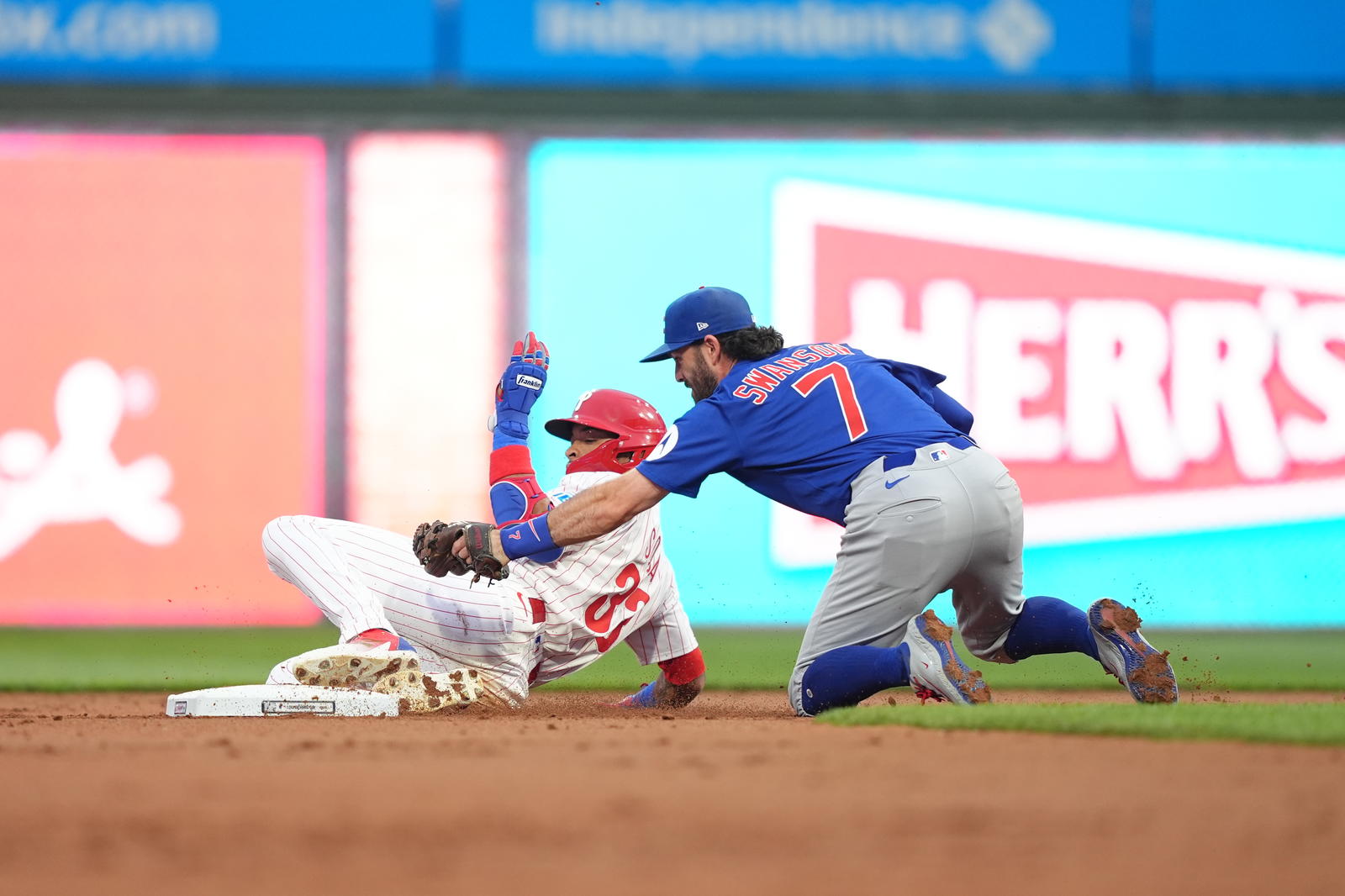

Who would you rather see the Cubs play in the NLCS?
Los Angeles might have the star power, but Philadelphia’s fading offense makes them a more favorable matchup for Chicago.
The Milwaukee Brewers are a formidable NLDS opponent for the Chicago Cubs. That proved true when they blitzed Cubs starter Matthew Boyd in Game 1, tagging him for six runs in the first inning.
That game was over before it even began, with Boyd pitching on short rest and Brewers hitters chomping at the bit to see live pitching.
The Cubs are in a 1-0 hole. While not ideal, the series is far from over — especially considering how evenly matched Chicago and Milwaukee have been this season. If the Cubs can get back to Wrigleyville tied 1-1, they’ll steal home-field advantage and be sitting pretty for the remainder of the Division Series.
But as Craig Counsell’s club looks to even the series, it’s fair to peek one step ahead. If the Cubs keep dancing, who’s the better partner in the next round — the Los Angeles Dodgers or the Philadelphia Phillies?
What Kind of Team the Cubs Really Are
The Cubs are at their best when powered by their pitching staff and defense — not their offense. We saw that in the NL Wild Card Series against the San Diego Padres.
There were only 11 total runs scored between both teams across three games. Holding San Diego to one run in Games 1 and 3 was the key to Chicago advancing. If the Cubs’ starting pitching can be just good enough, Palencia, Pomeranz, Keller, and Kittredge can take care of the rest.
It’s when the Cubs get into shootouts that they begin to flounder. Milwaukee’s six runs in the first inning of Game 1 were immediately too much to overcome — and that’s been the story for Chicago all season.
In the 74 regular-season games where the Cubs allowed four or more runs, they went just 20–54. They were 72–16 when holding opponents to three runs or fewer.
So when looking ahead to a possible NLCS matchup, the question becomes simple: which team can the Cubs actually slow down?
Why the Phillies Fit the Cubs’ Strengths
Los Angeles has scored four or more runs in 102 games this season; Philadelphia has done it in 93.
Furthermore, the Dodgers have scored at least four runs in 12 of their last 15 games, while the Phillies have done so in just two of their last eight. Their offense is cooling off at the wrong time — and for a Cubs team that wins through pitching and prevention, that’s music to Counsell’s ears.
Another key to October success is leaning into what you do best. If you hit home runs, hit home runs. If you have great starting pitching, let them go deep.
For the Cubs, the bullpen is the backbone.
Their 4.2 perfect innings against the Padres in Game 1 of the Wild Card Series were just the tip of the iceberg. Jed Hoyer has built a bullpen capable of getting the big outs in clutch moments — and that’s something Counsell will lean on more as the postseason progresses. Injuries have weakened Chicago's rotation, but sometimes October is simply about who has the better bullpen depth.
Both Los Angeles and Philadelphia dealt with bullpen inconsistencies during the regular season, posting ERAs of 4.27 and 4.25, respectively. But when it comes to clutch hitting, the Dodgers take the cake.
In “high-leverage” situations, according to Baseball Reference, the Dodgers hit .265 with an .807 OPS and 42 home runs this season. The Phillies hit .247 with a .702 OPS.
That means the Cubs bullpen might find more success against Philadelphia’s lineup in those late, nerve-wracking innings where games — and seasons — are decided.
Dodgers Bring Chaos, Phillies Bring Opportunity
Facing the Dodgers in a seven-game series would mean dealing with chaos — a deep lineup, relentless situational hitting, and the kind of playoff experience that punishes even minor mistakes.
The Phillies, on the other hand, are a talented team showing some cracks. Their bullpen remains volatile. Their lineup has cooled. Their star power still shines, but not with the same consistency it did in July and August.
If the Cubs can keep games close, Philadelphia’s flaws play directly into Chicago’s strengths — steady pitching, defensive efficiency, and a bullpen that thrives under pressure.
Obviously, beating Milwaukee and advancing is the only thing that matters right now. But if the Cubs do keep dancing, they’ll want a partner that moves to a slower rhythm.
And right now, that’s the Phillies.

